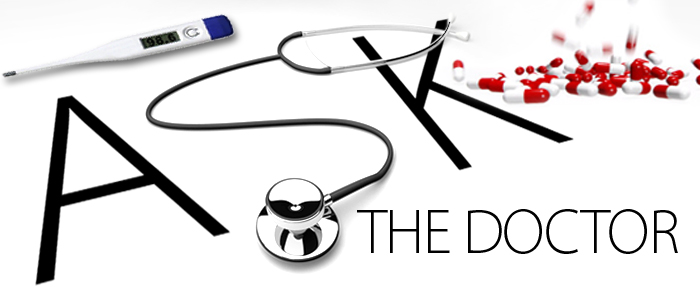
By Dr. Peter Kadille
Dr. Kadile, I always thought that taking a baby aspirin a day was good for my health, but I recently heard that isn’t true. What do you recommend?
John, Indio
John, aspirin originally came from willow bark and its key ingredient, salicylic acid, has been used for hundreds of years to treat pain, inflammation and fevers. It has also been known to be a “blood thinner”, thus it may prevent formation of blood clots which can cause a heart attack. Traditional thinking from the medical community used to recommend taking a baby aspirin a day to help protect against a heart attack or stroke, but the recommendations have changed. The U.S Preventive Services Task Force, which formulates guidelines for preventive medicine, have made more specific recommendations on the use of aspirin for prevention of CVD (cardiovascular disease).
For adults younger than age 50 – No recommendation for the use of daily aspirin, there is insufficient evidence for benefit.
For adults between age 50-59 with risk factors of smoking, male sex, elevated cholesterol, high blood pressure, and diabetes – daily low dose aspirin is recommended.
For adults between age 60-69 with risk factors – the decision to use daily aspirin is an individual one
Adults aged 70 and older – no recommendation
The above mentioned risk factors can be used to calculate a person’s cardiovascular disease risk (http://cvdrisk.nhlbi.nih.gov) in ten years, which is helpful in determining the recommendations for aspirin. Don’t forget that aspirin has the potential to cause bleeding in your gastrointestinal tract, so don’t take it if you don’t have to.
So the bottom line is you should consider taking a baby aspirin a day if you are between the ages of 50-69 with risk factors.
Dr. K, I’ve been diagnosed with “pre-diabetes”. My doctor told me to lose weight, avoid sweets and decrease my bread, rice and pasta intake. Are there any nutritional supplements I can take?
George, Cathedral City
George, in addition to the good advice your doctor gave, a good nutritional supplement that helps with control of blood sugars is actually a spice, cinnamon.
According to a study published in Diabetics Care, consuming up to 6 grams of cinnamon per day “reduces serum glucose, triglyceride, LDL cholesterol, and total cholesterol in people with type 2 diabetes.” Add cinnamon to your diet.












































